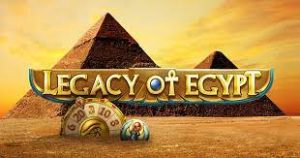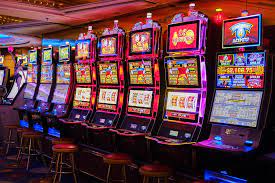
The Thrill of the Lottery: A Comprehensive Guide
The lottery has captivated human imagination for centuries. It’s a game of chance that offers the tantalizing possibility of life-changing wealth with just a small investment. Each ticket purchased represents hope, dreams, and endless possibilities. While many see it as a mere gamble, others view the lottery as a fascinating social phenomenon, steeped in history and culture. This guide will explore the thrills associated with playing the lottery, delving into its psychological aspects, the various types available, famous winners and their stories, and the intricate web of strategies, myths, and realities surrounding this beloved pastime. Join us as we unravel the thrill of the lottery.
The Psychology Behind Playing the Lottery
Understanding the psychology behind why people play the lottery can reveal much about human behavior and our relationship with risk. From the thrill of anticipation to the deep-seated desire for wealth, the motivations are diverse and intriguing.
The Allure of Instant Wealth
Many individuals are enticed by the idea of instantaneous financial freedom. The thought of waking up one day to discover that your life could change forever with one lucky draw is exhilarating.
When a person buys a N666 lottery ticket, they often invest not just money but also hopes and dreams. This mental investment creates a powerful emotional connection to the outcome. The allure lies in the fantasy of what could be—luxury cars, dream homes, exotic vacations, and the ability to provide for loved ones without financial worry. This fantasy fuels the allure of the lottery and keeps players coming back for more despite the odds stacked against them.
Moreover, the innate desire for instant gratification drives many to participate. In a world where success often requires years of hard work and effort, the lottery presents an opportunity to bypass the traditional routes. However, while dreaming big can be inspiring, it’s vital to balance those dreams with a healthy dose of realism. The stark truth of the odds often gets overshadowed by the excitement of potential winnings.
Social Influence and Group Play
Another psychological factor influencing lottery participation is the social aspect. Many people enjoy bonding with friends, family, or colleagues over shared interests, including playing the lottery together.
Group play, often referred to as a “syndicate,” allows participants to pool their resources, increasing their chances of winning while also creating a sense of community. This collective strategy transforms the lottery experience from a solitary endeavor to a social event marked by camaraderie and excitement. Participants eagerly discuss their chosen numbers, speculate about potential prizes, and celebrate wins—no matter how small—together.
However, while group play can enhance the experience, it can also lead to complications. Issues surrounding prize division and differing expectations can arise, sometimes leading to tension among members. Hence, open communication and clear agreements are essential when engaging in syndicate play.
Cognitive Biases and Misconceptions
Human cognition is riddled with biases, and when combined with the concept of luck, these biases can significantly impact how people perceive their odds of winning the lottery.
One common cognitive bias is the “gambler’s fallacy,” which leads individuals to believe that past events affect future outcomes. For example, someone may think that since certain numbers haven’t been drawn recently, they’re “due” to appear. Such misconceptions can influence number selection and gambling behavior, deterring individuals from making informed decisions based on statistical realities.
Additionally, the illusion of control plays a significant role. Players often feel that they have some influence over the outcomes through specific rituals or choosing “lucky” numbers. This belief can create a false sense of security, encouraging continued investment despite the inherent randomness of lottery draws.
Overall, understanding these psychological factors provides insight into why people engage with the lottery, revealing a complex interplay of hope, social dynamics, and cognitive biases.





